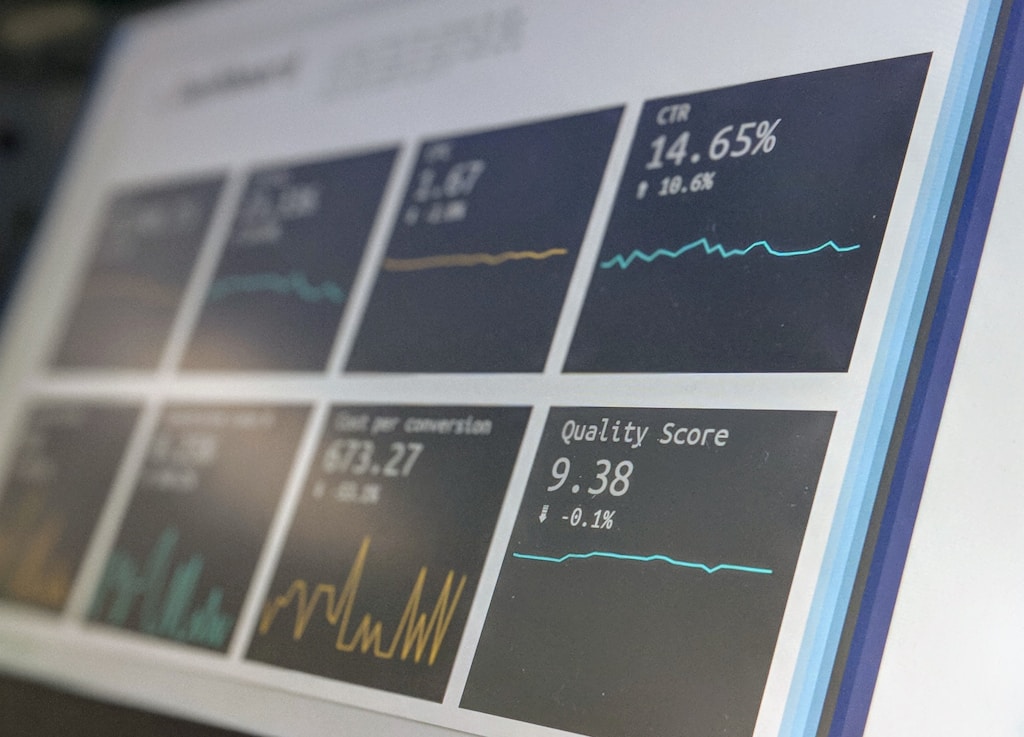In a significant development for the Solana ecosystem, DeFi Development Corp. (Nasdaq: DFDV) has announced a strategic partnership with BONK, the leading community-driven memecoin on Solana, to launch and operate a new validator node. This collaboration marks a notable intersection between traditional finance and decentralized networks, potentially strengthening Solana’s validator infrastructure.
Strategic Partnership Details
DeFi Development Corp., a publicly traded company known for its Solana-focused treasury strategy, will combine resources with BONK to establish a new validator node on the Solana network. This partnership comes amid growing momentum in the memecoin sector, where tokens like BONK have shown significant market traction.
Impact on Solana’s Network
The addition of a new validator node operated by established entities could enhance Solana’s network decentralization and reliability. This development is particularly relevant as Solana’s price continues to show strength in the current market conditions.
Market Implications
This partnership represents a unique convergence of institutional involvement and community-driven projects in the Solana ecosystem. The collaboration could set a precedent for future institutional participation in memecoin projects.
FAQ Section
What does this partnership mean for BONK holders?
The partnership could potentially increase BONK’s utility and institutional credibility within the Solana ecosystem.
How does this affect Solana’s network security?
Additional validator nodes enhance network decentralization and reliability, potentially improving overall network security.
What are the implications for institutional adoption?
This partnership could pave the way for more institutional involvement in memecoin projects and validator operations.
